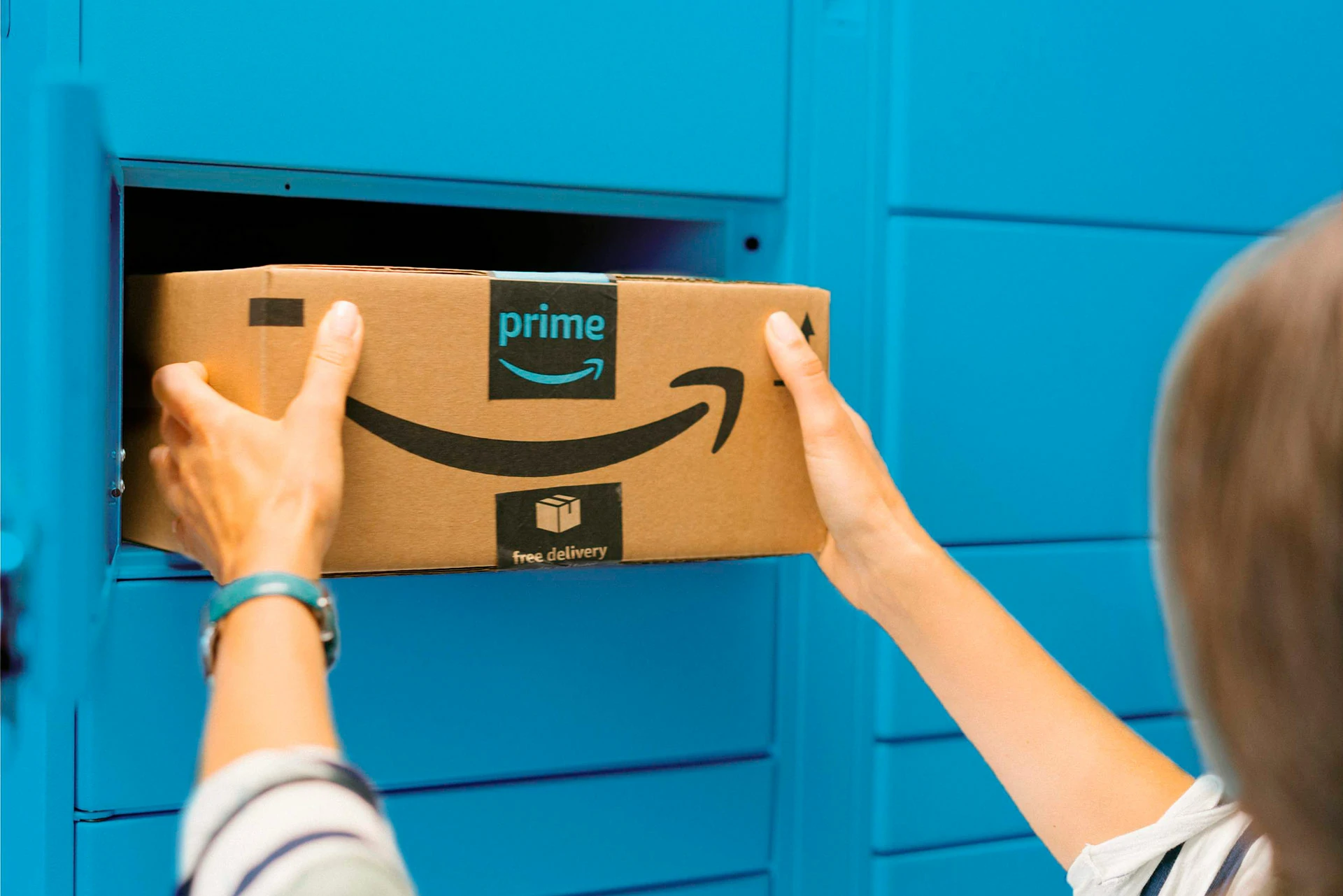
Explore the advantages and challenges of Amazon FBA for sellers. Learn how it affects profit margins, branding, and customer reach in our comprehensive guide.
In 2025, Amazon FBA continues to dominate as the preferred fulfillment method for sellers, with 86% of Amazon merchants choosing FBA to deliver products to their customers. The cost-effectiveness of using FBA is evident – it’s 70% cheaper per unit on average compared to premium shipping services offered by major U.S. carriers that are comparable to FBA’s offerings. Moreover, even when stacked against standard shipping options by these carriers, Amazon FBA still manages to be 30% less expensive on average per unit. These figures highlight both the widespread adoption and the financial benefits of utilizing Amazon’s FBA service in the competitive e-commerce market.
As an online seller, considering Amazon’s Fulfillment by Amazon (FBA) service could be a pivotal business decision. This program promises to streamline your operation by handling the labor-intensive tasks of storage, shipping, and customer service. But diving into FBA comes with significant considerations, from costs to competition. This article provides an in-depth look at the pros and cons of leveraging Amazon FBA to inform whether it’s the right path for your e-commerce venture.
Before you get started, ensure your business is properly registered and compliant. Verifying your business information through an EIN online search can help confirm your company’s legitimacy and ensure smooth integration with Amazon’s seller and tax systems. Having your EIN details in order can also simplify business verification during the FBA setup process.
Pros of Selling with Amazon FBA:
- Streamlined Logistics: Amazon handles storage, packaging, shipping, and even returns. This can free up a significant amount of time and operational savings for sellers.
- Prime Eligibility: Products fulfilled by Amazon are eligible for Amazon Prime, which can significantly increase sales due to the program’s popularity.
- Customer Trust: Amazon’s established reputation provides a trusted platform for transactions, influencing buyers’ confidence.
- Scalability: Amazon FBA can support business growth without the need for increased physical infrastructure on the seller’s side.
- Global Reach: Amazon’s vast distribution network can potentially expand your customer base internationally.
- 24/7 Customer Service: Amazon provides round-the-clock customer assistance, a great value-add for both sellers and customers.
Cons of Selling with Amazon FBA:
- Fees: Amazon charges for storage and fulfillment, which can eat into your margins. Long-term storage can become especially costly.
- Complex Cost Structure: Understanding the full cost of FBA services can be challenging and requires careful analysis to ensure profitability.
- Stock Control Issues: While Amazon handles your inventory, you’re somewhat distanced from it, which can lead to less control over stock levels.
- Product Preparation Requirements: Amazon has specific requirements for how items must be prepared for shipment to their warehouse, which can entail additional work for sellers.
- Competition with Amazon: If Amazon also sells a product similar to yours, you might find yourself competing with the very platform you’re using.
- Limited Branding: Amazon packaging doesn’t allow for much personalization, which can make it harder to build your brand.
Is Amazon FBA Right for Your Business?
When deciding whether Amazon FBA is a good fit for your business, consider your ability to manage and absorb fees, your desire for control over the shipping process, and the importance of branding in customer retention.
If you’re starting out or looking to scale quickly without the hassle of managing logistics, Amazon FBA might be an excellent choice. On the other hand, if high margins and brand identity are crucial to your business model, or if you prefer more hands-on control, you may want to explore other fulfillment methods or a hybrid approach that includes using FBA only for certain items.
Amazon FBA Conclusion:
Selling with Amazon FBA has the potential to simplify e-commerce operations significantly while providing access to a vast customer base. However, it’s crucial to understand the costs, competitive landscape, and limitations that come with it. By carefully weighing the pros and cons, sellers can determine the role that Amazon FBA should play in their overall business strategy and whether it aligns with their long-term goals.
Was this news helpful?






 Yes, great stuff!
Yes, great stuff! I’m not sure
I’m not sure No, doesn’t relate
No, doesn’t relate



